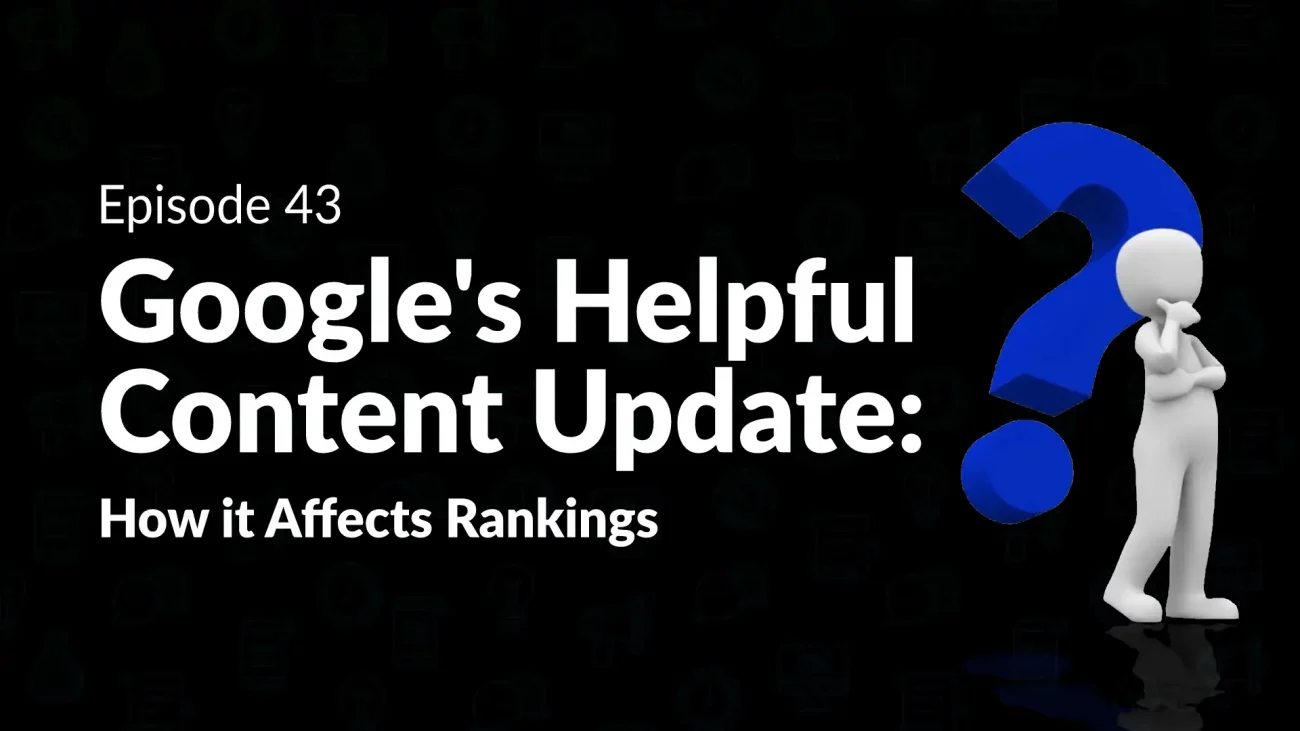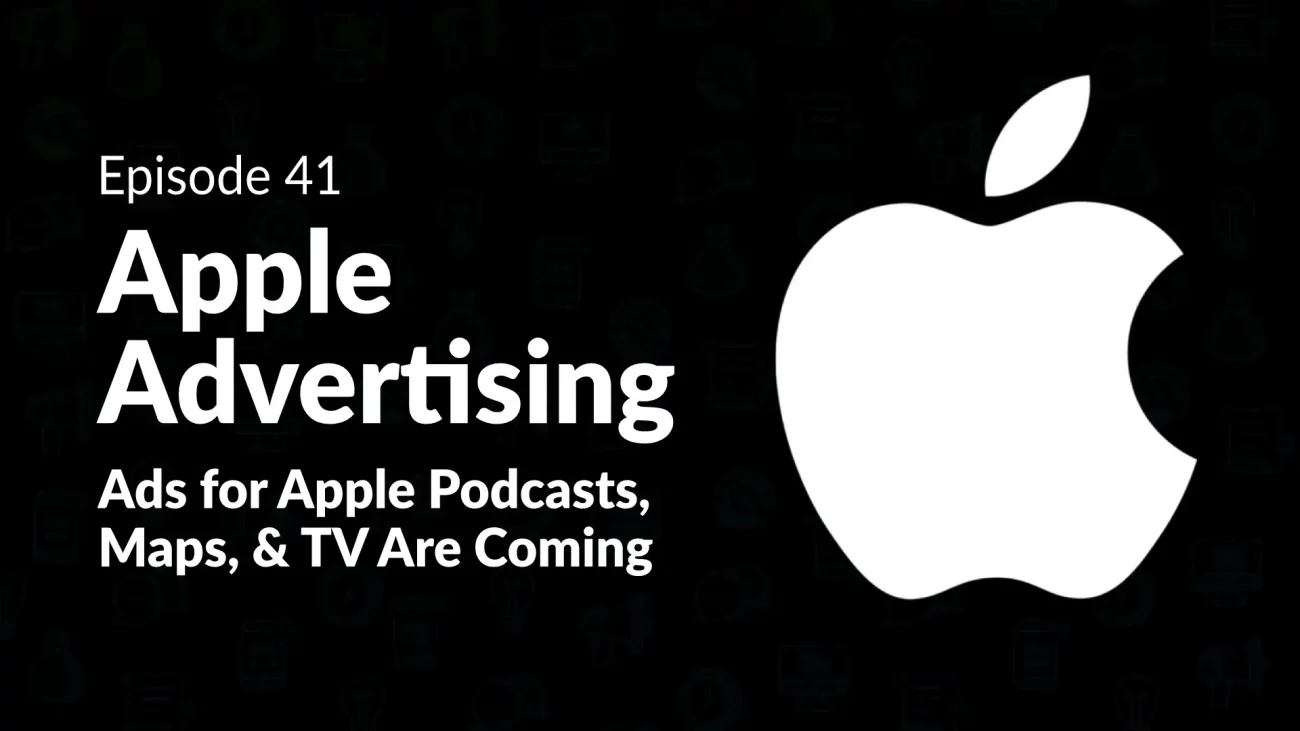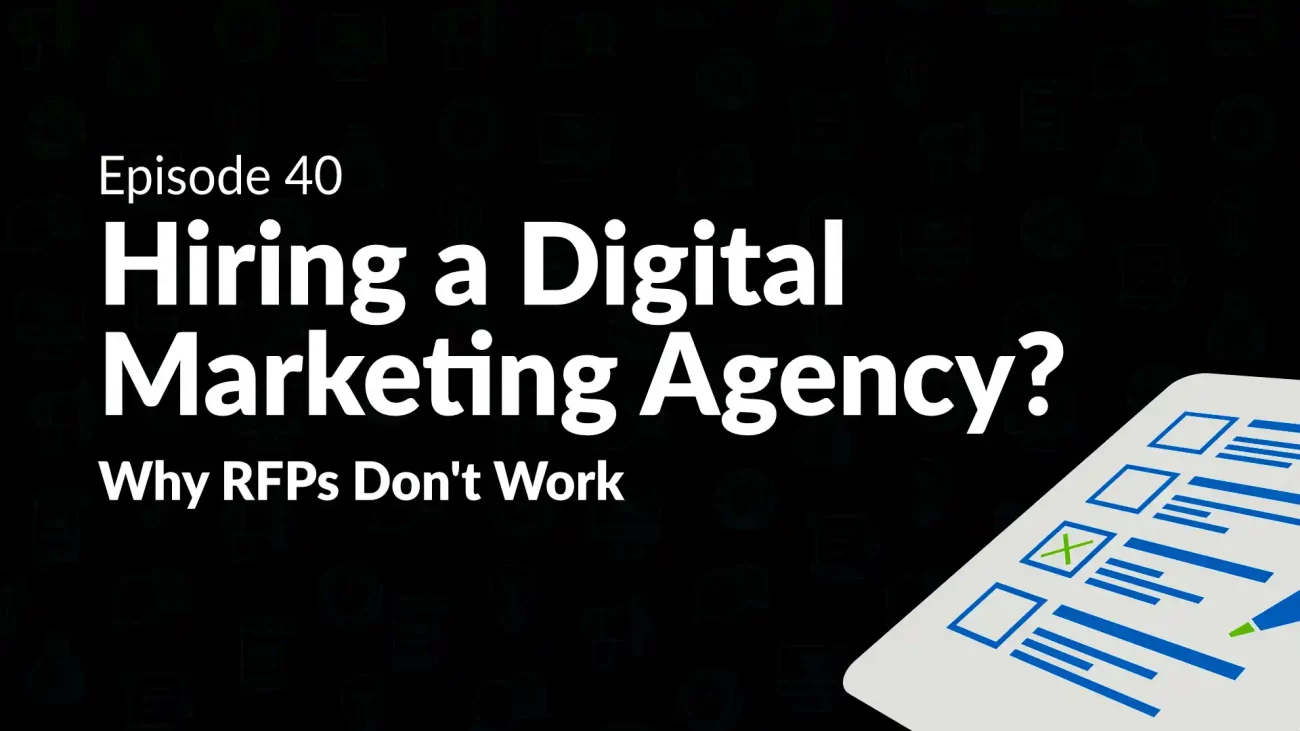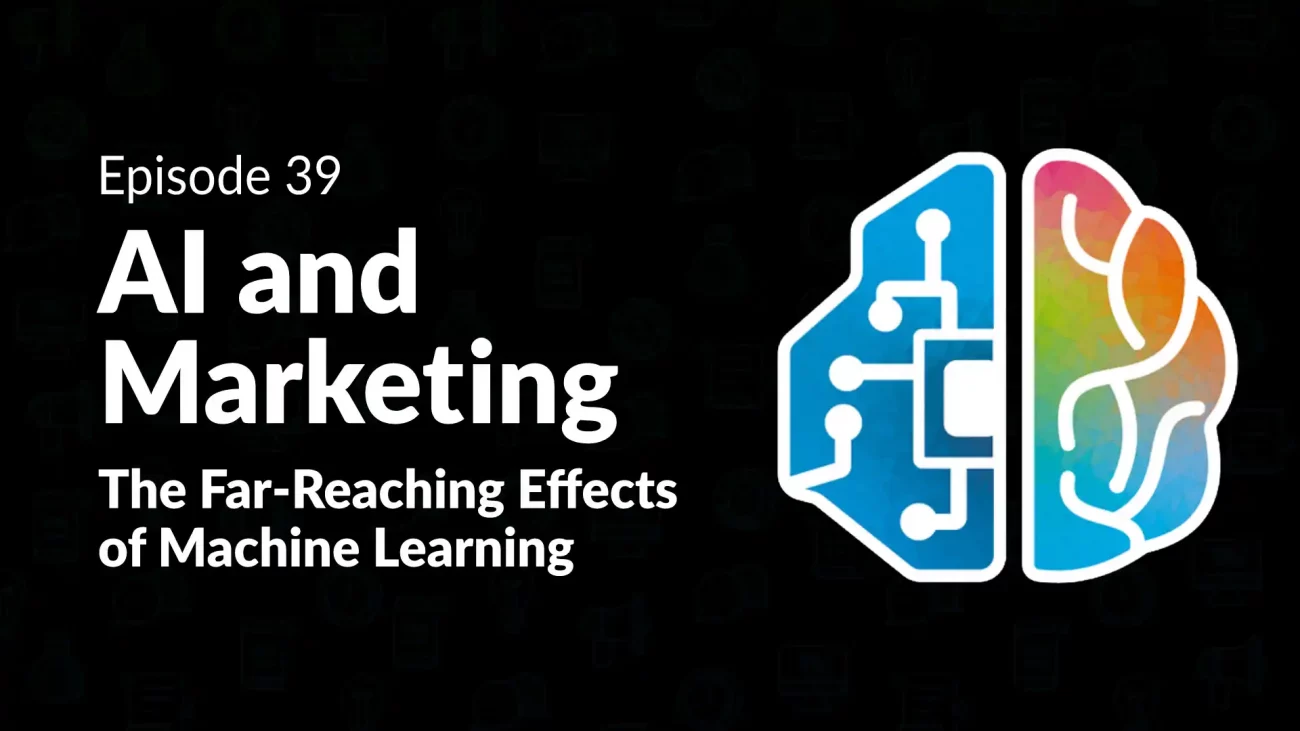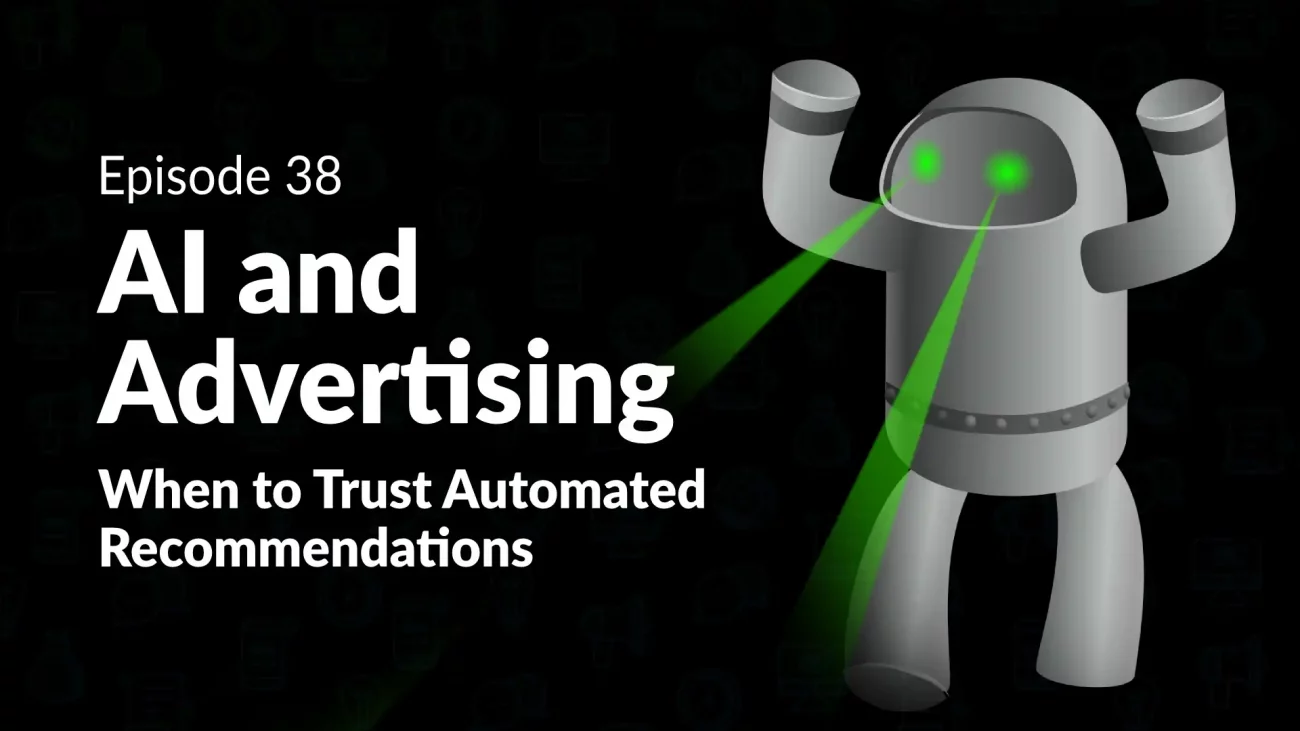Episode 14: Data Privacy and Its Effects on Marketing in 2022
Data privacy and changes to 3rd party data collection will pose some challenges for marketers in 2022. Large vendors including Google and Meta (Facebook) are following suit with Apple’s focus on shielding user data from the wild web. With all of this attention on the subject, it is likely federal regulations will be put in place during 2022 to help set and enforce new legal guidelines. This will have an effect throughout the entire marketing world, including 3rd party marketing tool service providers like HubSpot. As an agency, we’ve seen companies trending in this direction for some time. Join Devin Littlefield and Hans Riemer in this week’s episode of ‘Digital Marketing Mondays’ to learn what you need to know about the upcoming changes and how to best prepare for them.
Transcription:
Devin:
You’re listening to Digital Marketing Mondays. Each week, we bring you new and exciting content from around the marketing industry and help give you the marketer insights into what’s happening. We’ll offer our advice and share some takeaways to help you develop better strategies for your marketing. Ideally, this will also help you improve your ROI as well. So with that, let’s tune into this week’s episode.
Hans:
Hi Devin. Welcome back to Digital Marketing Mondays. How you doing?
Devin:
Doing good. Enjoyed a great holiday break. And yeah, now, trying to keep up in the frenzy of the next three weeks between now and the next holiday season. So, it’s going to be crazy.
Hans:
Yeah. Yeah. We’re in that gap and we’re talking about planning. We talked last time about planning for 2021. Why don’t we talk a little bit, just briefly about some of the strategies, what we see coming in 2022 and what people should be doing in relation to what’s going on? I mean, the big thing, we’ve mentioned this before, is the issue of privacy and the increasing focus on that by large platform vendors led by Apple, I would say. They’ve really kind of set the pace. I think Google and Facebook and other large social media platforms, they’re going to need to follow suit. So where does that leave marketers?
Devin:
Yeah, it’s a great question. And I think, in terms of privacy, it’s going to become central in the US. We’ve already seen policies over in Europe and even in California become pretty prevalent. So I think there will be a day of reckoning coming for data and the wild wild west will be long gone fairly soon. And I suspect that will probably be by issue of federal mandate, given especially all the crackdowns that are happening against anti-trust policies with companies like Google and Apple currently.
Devin:
So I suspect that we’ve got some pretty hefty privacy concerns coming our way. And with that, as marketers, we need to be thinking about how are we collecting our data currently. What’s considered third party versus first party? And what are the tactics and things that you could be doing to collect first-party data, as well as be able to measure on your own data as well? So I think there’s a lot of nuance there and we certainly don’t know what the entire future holds, because there’s no federal regulations yet, but it’s coming. So I think that’s what marketers need to be thinking about, especially for 2022.
Hans:
So practically speaking, what should a marketer do? So we’re saying, you’re going to get less data, right, especially third party data. So whatever data you can collect, of course, is really valuable now. You can’t rely on other people to provide that data for you. So how does that affect things like targeting and landing page offers and things like that?
Devin:
No, it’s a good question. It’s going to require a big strategy shift in terms of how you’re currently doing things like targeting. Whereas historically, we’ve created audiences inside of Google Analytics. You sync them over to Google Ads as an example, and then you use that for your remarketing efforts. And it’s a no-brainer, right? We’re now going to have to think about how can we do this from a list-based perspective, right? Or how can you generate your own analytical data sources, right, that’s considered first-party data, and then being able to aggregate and generate those audiences and send them over and use them on the platform? So I think it’s going to be a lot more reliant on list syncing coming out of third-party marketing automation tools like HubSpot, especially.
Hans:
Well, that’s interesting. Now, I’ve also found that, we deal with a number of different clients, there seems to be an increased focus by those clients on ensuring that we, as a agency, protect any data that they have, personal data that we’re storing. Should we come in contact with personal data, our systems need to be in place to protect that as well. And that sort of brings us to the point where we’re coming from a place where data was sort of scattered throughout the enterprise and marketing used a lot of spreadsheets and you had your email system and you had your CRM and you had different solutions out there. We do see those coming together, I guess, right? So is that going to help or harm or hinder marketers, do you think?
Devin:
Yeah. Along with this reckoning of privacy and privacy concern, I think unified databases is going to be a huge point of emphasis, right? It’s going to be 2022 here fairly soon. There’s zero excuse not to have a central place with everybody’s information all combined, right? And that includes things like any personally identifiable information, their web history, engagement. If they’ve been talking with sales or if they bought something online, all of that needs to be contained into a single place. And I think, as marketers, there’s zero excuse to not have a unified database.
Hans:
Right.
Devin:
Really, I’d say, starting next year, right?
Hans:
I agree.
Devin:
We already have a lot of integrations that are available between existing tools, which I think will cut the mustard for now, proverbially speaking. But we really need to be thinking about, how could we have a central place for data and that’s going to be another critical component in 2022. And that especially relates back to the privacy issues we’re going to be experiencing as well.
Hans:
Yeah. Well, I would think that having centralized data would make it easier to control the privacy and security of that information, right? Easier, obviously, that having one centralized database that’s carefully locked up and protected, even if it’s in the cloud is better than having a bunch of people going home with spreadsheets and things like that on their laptops. And I think it’ll make you more effective because you’ll have all the factors that you can look at the profile, a broader profile on an individual, if it’s all in one place a lot more easily than if you have to access a bunch of different locations for that data, right?
Devin:
Absolutely. It’s going to be cheaper and more efficient actually to manage that database, if it’s all in the same place and you could be a lot more smart and tactical about how you actually approach people. I loved… Yesterday, I actually received an email from a sport watch company. I won’t name names, but I received an email from them and it said, “Hey, it’s been a little while. We’re tidying up our database. Are you still interested in receiving emails?”
Hans:
Cool.
Devin:
And I thought that that was… I don’t know. To me, as a marketer, I get hundreds, if not thousands of emails a day, it seems like. So to be coming off of this rush of Black Friday, Cyber Monday and all these “sale sale sale” emails, and now suddenly seeing, “Hey, we’re thinking of you and we’re tidying up our database, are you really interested in our content,” that was a huge breath of fresh air for me. And I suspect a lot of people would feel the same way if they did receive an email like that and they’ve been in your database for a long time and just haven’t really been engaging or they haven’t received many emails in general.
Hans:
Right. Right.
Devin:
So I do think that there’s a lot of thoughtful strategies and tactics that can go into place with a centralized database.
Hans:
Yep. Okay. So the summary is quality. What you just said is really quality over quantity, making sure the people that you’re dealing with out there, you’re not annoying them, but you’re actually providing good information to them and they’re engaged and interested. So, that’s key. Centralizing your data and making sure that your landing pages and offers are really tuned very well to convert people. Don’t add confusion, don’t make it complicated, make it attractive and make it simple. I’d say those are the three main mantras I’m taking away from this session. Devin, thank you very much. Thanks for covering that. And I think we can wrap it there.
Devin:
Sounds good. Thanks, Hans.
Hans:
All right take care.
Devin:
Thank you so much for tuning in. We really appreciate you taking the time out of your busy day to engage with our content. Whether you’re watching on YouTube or subscribed on our podcast apps, we appreciate you taking the time. Make sure to leave a comment down below and let us know any feedback that you have for us. We’re always watching the comments and engaging in any way that we can. So if you find this content useful, also make sure to subscribe or give it a big thumbs up. We appreciate it. Thanks so much.




